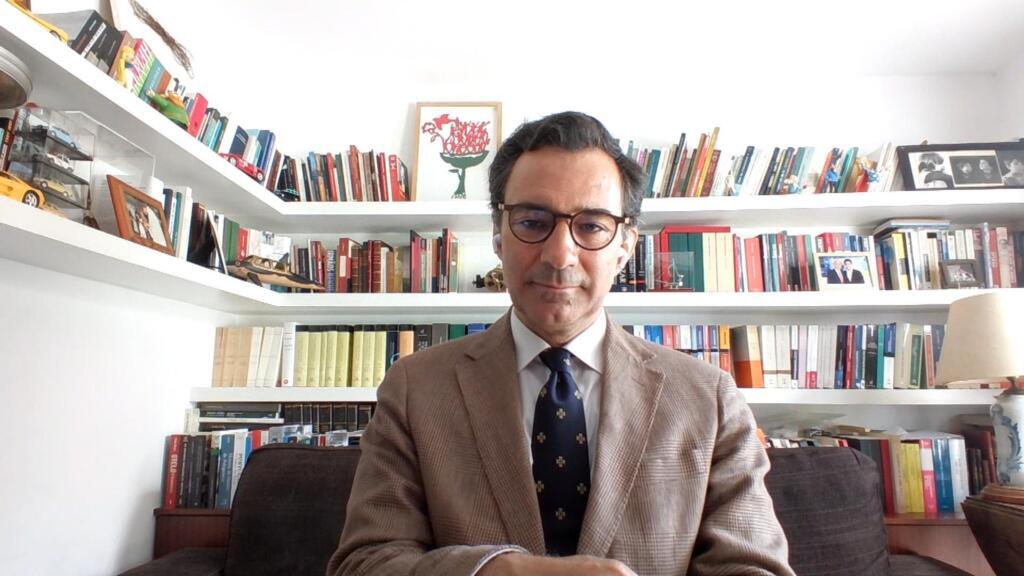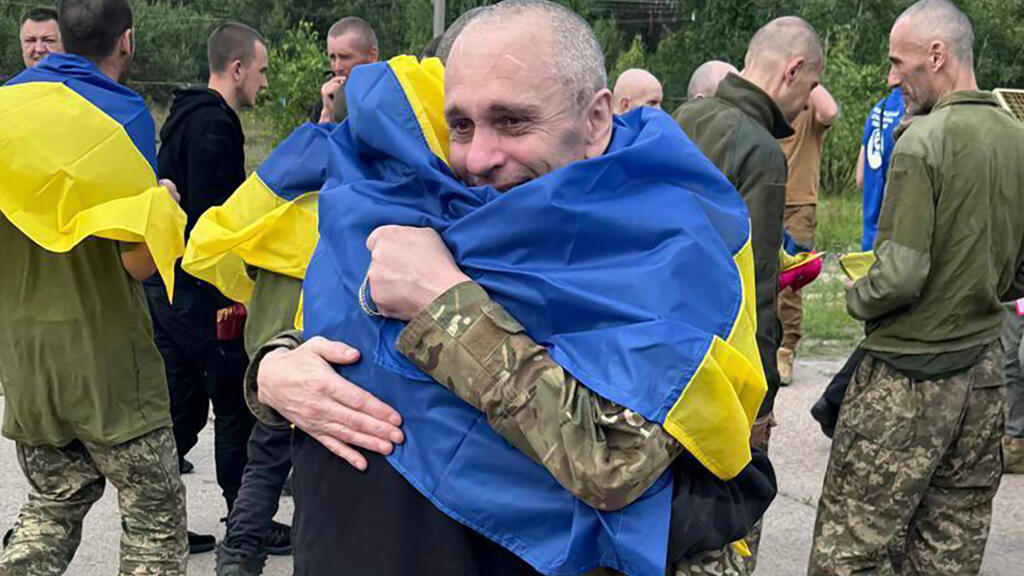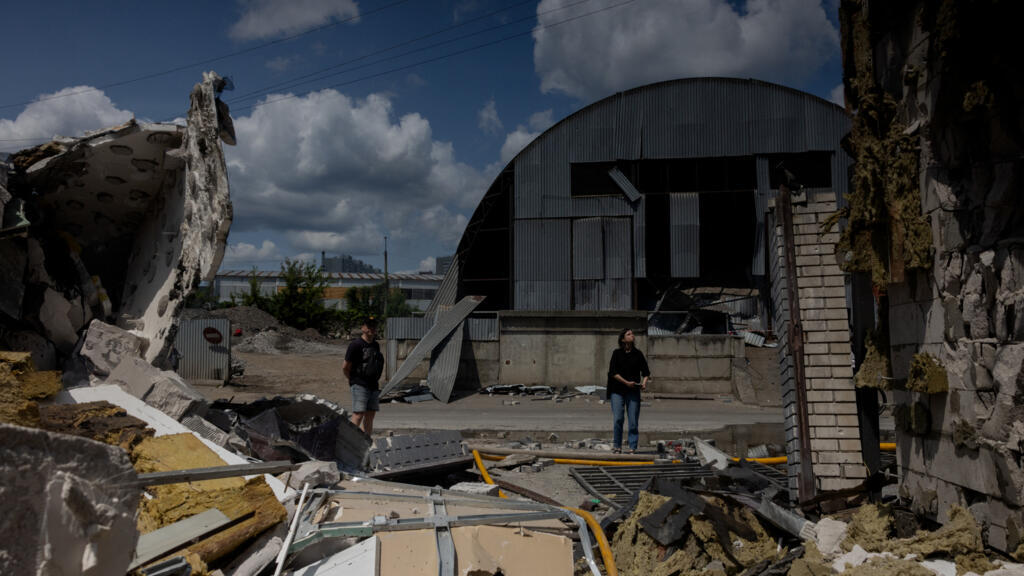Interview with NATO's Parliamentary Assembly President Marcos Perestrello
In an exclusive interview, we speak with Marcos Perestrello, the president of NATO's Parliamentary Assembly, shortly after Israel conducted significant strikes on military and nuclear sites in Iran. Perestrello, a prominent Portuguese politician and former Secretary of State for National Defence in Portugal, provides his insights on the escalating tensions in the Middle East and stresses the urgent need for diplomatic solutions.
Perestrello emphasizes the importance of "de-escalation" in the region, highlighting that the recent military actions could have severe repercussions not only for immediate stakeholders but also for global peace and stability. He warns that the conflict could spiral out of control if diplomatic channels are not utilized effectively. "What we need now more than ever is a commitment to dialogue," he asserts, underlining that addressing underlying issues is vital to avoiding further violence.
Delving deeper into the Iranian context, Perestrello characterizes Iran as a significant threat to regional and global security. He points out that Iran's ongoing military activities and nuclear ambitions pose a risk that transcends borders, affecting not just the Middle East but also Europe and beyond. "The development of a nuclear programme in Iran would create an even bigger threat to global security," he states, reinforcing the urgency of international attention on Iran's nuclear developments.
In light of these tensions, Perestrello calls for a renewed focus on nuclear diplomacy to address the threats posed by Iran. He emphasizes the need for multilateral discussions that include key global players to ensure that Iran adheres to international agreements and norms concerning nuclear proliferation. "We must leverage all diplomatic tools at our disposal to prevent a nuclear arms race in the region," he insists, advocating for collaboration among NATO member states and other international actors.
Additionally, Perestrello acknowledges the complexities of the geopolitical landscape that surrounds the Israeli-Iranian conflict, noting that any military action tends to draw in multiple countries and could have unintended consequences. He stresses the critical role of NATO in maintaining stability and serving as a platform for diplomatic endeavors. "NATO has a responsibility to foster conversations that can lead to peaceful resolutions rather than military escalations," he remarks.
The situation in Iran is further complicated by the historical tensions between Iran and its neighbors, as well as its various proxy groups across the region. Perestrello warns that without careful management, these dynamics could exacerbate the instability. He advocates for a comprehensive strategy that not only addresses the immediate threats but also involves long-term solutions to the underlying issues that fuel conflicts in the Middle East.
As the world watches the developments unfold, Perestrello concludes by expressing hope that diplomacy will prevail. He believes that while the military option may appear effective in the short term, it cannot provide sustainable peace. Instead, he urges international leaders to prioritize diplomatic engagement to navigate the complex web of interests and tensions that characterize the Middle East today.
```











